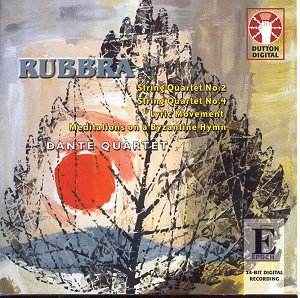 Composer: Frédéric Chopin
Composer: Frédéric Chopin
Works: Four Ballades: G minor, Op.23; F major, Op.38; A flat major, Op.47; F minor, Op.52; Grande Polonaise, Op.22; Polonaise-fantasie, Op.61; Fantasie-impromptu, Op.66
Performers: Freddy Kempf, piano
Recording: Recorded in July 2000 at Nybrokajen 11, Stockholm
Label: BIS
Frédéric Chopin occupies a singular place within the pantheon of Romantic composers, revered not only for his innovative harmonic language but also for the deeply personal expressiveness that characterizes his works. The four Ballades, along with the Grande Polonaise and Polonaise-fantasie, represent a confluence of poetic narrative and virtuosic challenge, inviting pianists to conjure a spectrum of emotional landscapes. Freddy Kempf’s recording, released as part of his ongoing exploration of Chopin, offers a keen insight into these complex works while also reflecting the youthful exuberance of the performer.
Kempf’s interpretation reveals a nimbleness that often recalls balletic grace. His technical prowess is undeniable, with each note executed with precision and clarity, particularly notable in the G minor Ballade, where the operatic surges of emotion are underscored by his bold phrasing. However, this performance can feel somewhat restrained at times; the expansive emotional arcs inherent in Chopin’s music seem to be approached with an almost extroverted exuberance that, while engaging, occasionally sacrifices the depth of introspection that one might anticipate. Kempf’s approach to rubato is commendable for its organic quality; it breathes with the natural ebb and flow of the human voice, yet one might wish for a deeper volatility that could elevate the dramatic tension of these works.
The technical execution of Kempf’s playing is particularly impressive in passages requiring rapid finger work, where every note sparkles with crystalline clarity—a feat reminiscent of greats such as Horowitz. Yet, unlike Horowitz, Kempf occasionally eschews a more lyrical interpretation, favoring a directness that sometimes lacks the poetic nuance found in the playing of Wilhelm Kempff. For instance, in the Op.22 Grande Polonaise, although Kempf captures the grandeur and bravado essential to the piece, the performance does not fully delve into the emotional depths one might expect. Instead, it remains buoyant and exuberant, akin to a well-disciplined cavalry charging ahead, yet missing the weight of historical context that such a piece demands.
The recording quality, engineered by BIS, is exemplary, capturing the full resonance of the piano and allowing Kempf’s dynamic nuances to shine through the sonic landscape. The acoustic space of Nybrokajen 11 adds a warmth that enhances the listening experience without overwhelming the clarity of Kempf’s articulation. Each work is rendered with a transparency that invites the listener to fully engage with the unfolding narrative of Chopin’s music.
This disc does not purport to be a definitive interpretation of Chopin; rather, it serves as a fascinating glimpse into the artistry of a young pianist still in the throes of discovery. The performances are marked by inspiration and concentration, showcasing a commanding technique that hints at great potential for further interpretative depth in future endeavors. Freddy Kempf’s recordings are certainly worthy of attention, presenting a vibrant yet youthful perspective on Chopin that invites both admiration and reflection.



